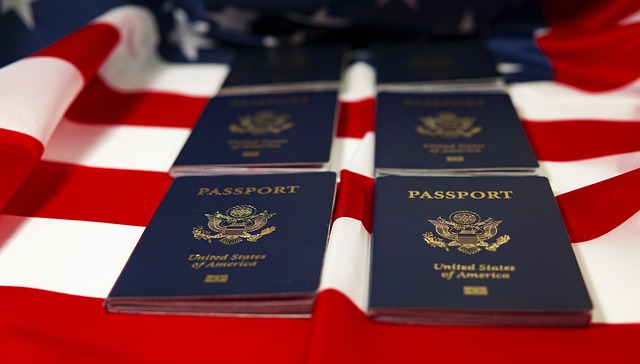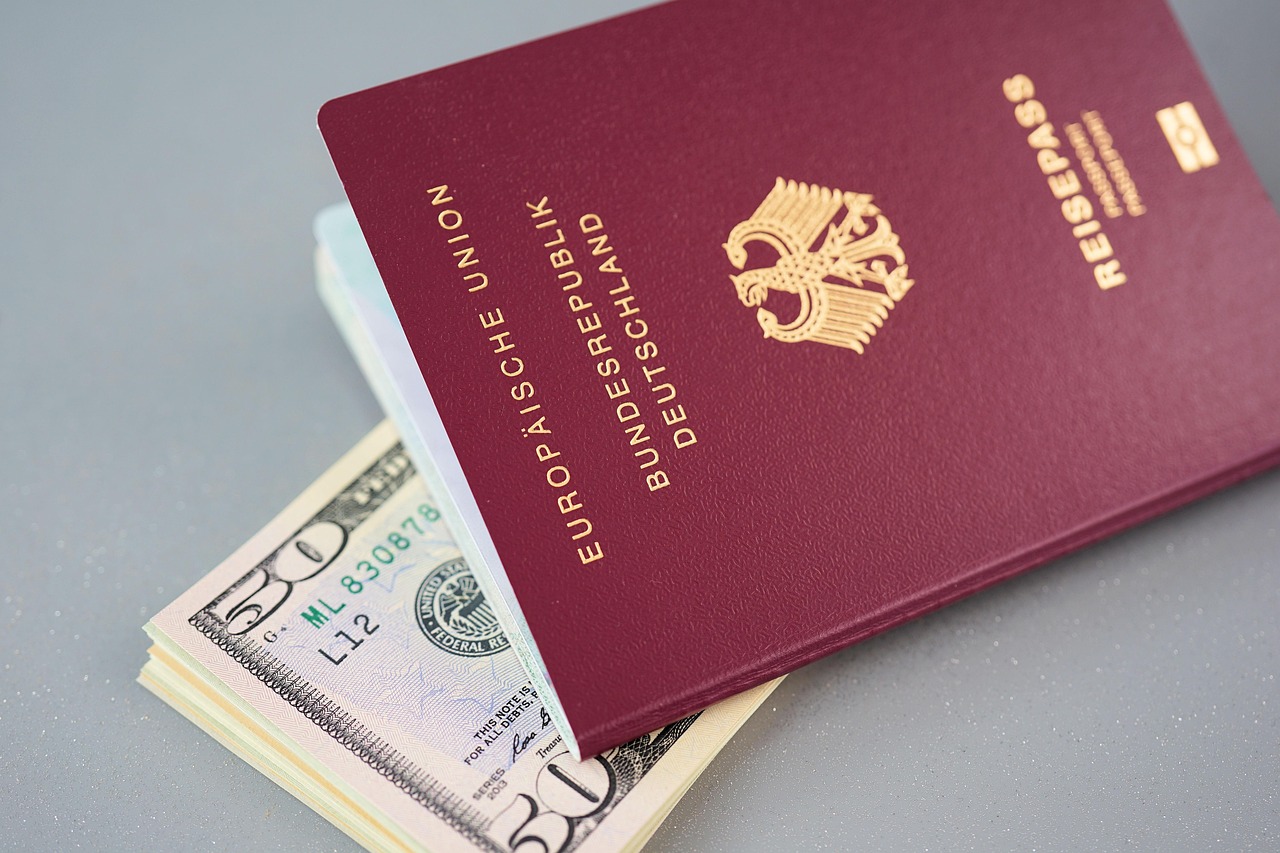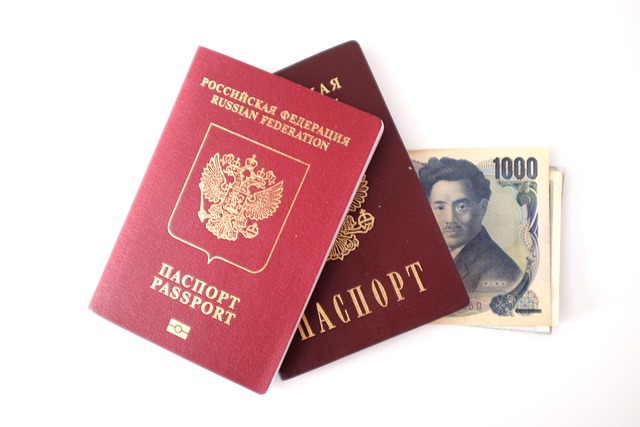UK Immigration Policies: Recent Changes

The United Kingdom’s immigration policies have undergone significant changes in recent years, driven by factors such as Brexit, labor market needs, and global events. These changes aim to balance the country’s economic and social priorities while maintaining control over its borders. For individuals and businesses navigating the UK immigration system, staying informed about recent updates is crucial. This article provides an overview of the key changes to UK immigration policies, their implications, and how they affect different groups, including skilled workers, students, and families.
1. Post-Brexit Immigration System
The UK’s departure from the European Union (EU) on January 31, 2020, marked a major shift in its immigration policies. The end of free movement between the UK and EU has led to the introduction of a new points-based immigration system.
Key Features of the Points-Based System
- Skilled Worker Visa: Replaces the Tier 2 (General) visa. Applicants must have a job offer from a licensed sponsor, meet a minimum salary threshold (£26,200 or the going rate for the role, whichever is higher), and score 70 points based on criteria such as qualifications, salary, and English language proficiency.
- Global Talent Visa: Designed for highly skilled individuals in fields like science, engineering, humanities, and the arts. Applicants must be endorsed by a recognized UK body.
- Student Visa: Replaces the Tier 4 visa. International students must have an offer from a licensed educational institution and demonstrate financial self-sufficiency.
- EU Settlement Scheme: EU, EEA, and Swiss citizens living in the UK before December 31, 2020, could apply for settled or pre-settled status to retain their residency rights.
Impact
- Reduced EU Migration: The end of free movement has led to a decline in EU workers coming to the UK, particularly in sectors like hospitality, healthcare, and agriculture.
- Focus on Skilled Workers: The new system prioritizes high-skilled migration, making it harder for low-skilled workers to obtain visas.
2. Health and Care Worker Visa
Introduced in August 2020, the Health and Care Worker Visa aims to address labor shortages in the UK’s healthcare sector.
Key Features
- Eligibility: Open to qualified doctors, nurses, and allied health professionals with a job offer from the NHS, an NHS supplier, or in adult social care.
- Benefits: Lower application fees, exemption from the Immigration Health Surcharge, and faster processing times.
- Dependents: Visa holders can bring their family members to the UK.
Impact
- Increased Recruitment: The visa has helped attract healthcare professionals from around the world, particularly in the wake of the COVID-19 pandemic.
- Challenges: Despite the visa, the NHS continues to face staffing shortages due to high demand and global competition for healthcare workers.
3. Graduate Route (Post-Study Work Visa)
Launched in July 2021, the Graduate Route allows international students to stay in the UK after completing their studies to work or look for work.
Key Features
- Duration: Bachelor’s and master’s degree holders can stay for 2 years, while PhD graduates can stay for 3 years.
- Eligibility: Applicants must have completed a degree at a UK higher education institution with a track record of compliance.
- No Sponsorship Required: Graduates can work in any job, at any skill level, without needing a sponsor.
Impact
- Attracting International Students: The Graduate Route has made the UK a more attractive destination for international students, boosting the higher education sector.
- Workforce Contribution: Graduates contribute to the UK economy by filling skills gaps and paying taxes.
4. Changes to Family Immigration Rules
The UK has made several updates to its family immigration policies, affecting spouses, partners, and children.
Key Changes
- Minimum Income Requirement: The financial threshold for sponsoring a spouse or partner remains at £18,600, with additional amounts for dependent children.
- English Language Requirement: Applicants must meet a minimum level of English proficiency (A1 level for initial applications, A2 for extensions).
- Processing Times: Efforts have been made to reduce processing times for family visa applications.
Impact
- Family Reunification: The rules aim to balance family reunification with the need to ensure financial self-sufficiency.
- Challenges: Some families face difficulties meeting the income or language requirements, particularly in low-income households.
5. Asylum and Refugee Policies
The UK has faced criticism for its handling of asylum and refugee applications, particularly in light of increased migration across the English Channel.
Key Changes
- Nationality and Borders Act 2022: Introduced stricter measures to deter illegal migration, including differential treatment for refugees based on their mode of arrival.
- Rwanda Asylum Plan: A controversial policy to send some asylum seekers to Rwanda for processing has been met with legal challenges and public outcry.
- Safe and Legal Routes: The government has pledged to expand safe and legal routes for refugees, though progress has been slow.
Impact
- Human Rights Concerns: Critics argue that the new policies undermine the UK’s commitment to international refugee law.
- Backlog of Cases: The asylum system faces significant delays, with many applicants waiting years for a decision.
6. Seasonal Worker Visa
To address labor shortages in agriculture, the UK has expanded its Seasonal Worker Visa program.
Key Features
- Duration: Allows workers to stay in the UK for up to 6 months to work in horticulture or poultry production.
- Quota: The program has been expanded to include 40,000 visas for 2023, with potential for further increases.
Impact
- Supporting Agriculture: The visa helps ensure a steady supply of labor for seasonal farming activities.
- Worker Protections: Concerns remain about the treatment and working conditions of seasonal workers.
7. Digitalization and Streamlining
The UK government has invested in digitalizing the immigration system to improve efficiency and user experience.
Key Initiatives
- eVisa System: Transitioning from physical biometric residence permits to digital eVisas.
- Online Applications: Expanding online application and appointment booking systems.
- Faster Processing: Aiming to reduce processing times for visas and citizenship applications.


